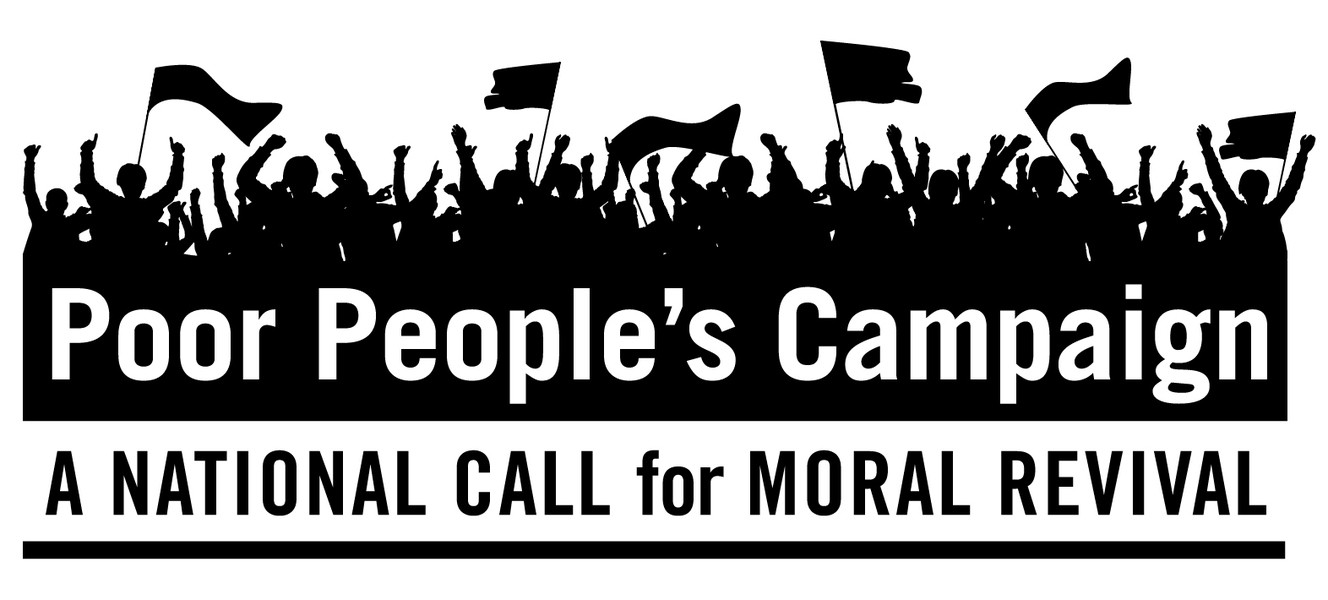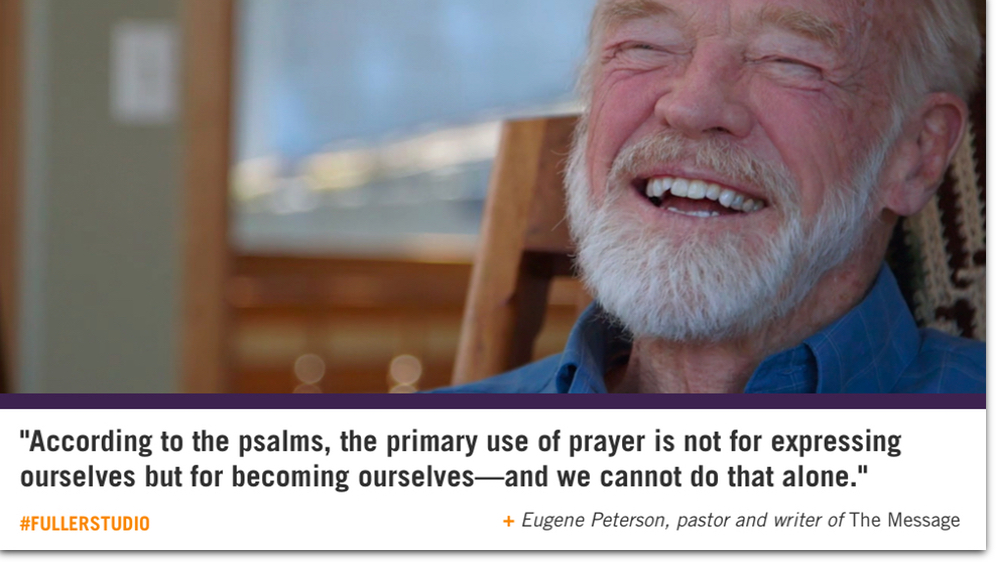Who does God love? (Answer: Everyone! All creation. “Beloved, let us love one another, because love is from God; everyone who loves is born of God and knows God.” 1 John)
“If it’s not about love, it’s not about God.” – PB Curry. But we have struggled with how we offer it, how we reach forth our hands in love.
In our first reading this morning, a eunuch from the court of the Queen of the Ethiopians felt drawn to Jerusalem to worship, studying a scroll he picked up, a passage from Isaiah. He doesn’t understand the meaning behind the text, but a young man has come up to his chariot and asks if he needs help.
The young man is Philip the Deacon, commissioned to be an evangelist in Acts chapter 6. He is led by the Holy Spirit to his encounter with the Ethiopian Eunuch. Philip uses the text of Isaiah, to tell the eunuch about Jesus, he relates the passage to the imagery of the suffering servant found in Isaiah to what Jesus suffered in his last days.
Now the eunuch sees water and wants to be baptized. He is prepared. The eunuch had gone to Jerusalem to worship. He travels home, continuing to study scripture. He is ready to say yes.
It is clear from both Leviticus & Deuteronomy that eunuchs were looked down upon. They were not to be a part of the assembly (community of the faithful). They could not be priests serving in the holy of holies along with others who were deemed defective in some way. You get the feeling that they were shamed and on the margins of society.
Did they feel God’s love? I don’t know. They certainly did not feel that love from others even if some were elevated to the courts of Kings and Queens throughout the Mediterranean.
But the love that God has for all, would come back in Isaiah (56), as both the foreigner and the eunuch who were faithful were lifted up.
Do not let the eunuch say, “I am just a dry tree.” For thus says the Lord: To the eunuchs who keep my sabbaths, who choose the things that please me and hold fast my covenant, I will give, in my house and within my walls, a monument and a name better than sons and daughters; I will give them an everlasting name that shall not be cut off.
That is an interesting play on words, but the message is clear, they will be honored not excluded.
Jesus takes it one step further, he is calling everyone to form God’s people, not just Jews but Gentiles too. In baptism we are truly one family as beloved children of God, and that is to be the sole claim on family allegiance. Jesus does not place limits on who can be baptized.
So Philip baptizes the Ethiopian eunuch. The spirit sends them on their way, the eunuch goes home rejoicing and Philip goes on his way to continue proclaiming the Good News.
Who does God love? (Answer: Everyone! All creation.)
We are heirs to Philip’s call to share God’s love by the Spirit that guides us today. That Good News seeks to dismantle barriers, extending its circle beyond the in-group to embrace those on the outside, the lost and left-behind. Who are the outsiders, the disenfranchised, the excluded (the eunuchs of our day) & how can we reach out to them, build bridges with them, learn from them?
Writer Anne Lamott, explains in her book, Traveling Mercies: Some Thoughts on Faith, why she wants her little Presbyterian church to be part of her son's life:
“I want to give him what I found in the world, a path and a little light to see by. Most of the people I know who have what I want – which is to say, purpose, heart, balance, gratitude, joy – are people with a deep sense of spirituality. They are people in community, who pray, or practice their faith . . . They follow a brighter light than the glimmer of their own candle.
“When I was at the end of my rope, the people of St. Andrew’s tied a knot in it for me and helped me to hold on. The church became my home - that it's where, when you show up, they have to let you in. They let me in. They even said, You come back now.
“Sam was welcomed and prayed for at St. Andrew's seven months before he was born. When I announced during worship that I was pregnant, people cheered. All these old people, raised in Bible-thumping homes in the Deep South, clapped. Even the women whose grown-up boys had been or were doing time in jails or prisons rejoiced for me . . . Women [who] live pretty close to the bone financially on small Social Security checks . . . routinely sidled up to me and stuffed bills in my pockets – tens and twenties . . . And then almost immediately they set about providing for us. They brought clothes, they brought me casseroles to keep in the freezer, they brought me assurance that this baby was going to be part of the family.
“I was usually filled with a sense of something like shame until I'd remember that wonderful line of Blake's – that we are here to learn to endure the beams of love – and I would take a long breath and force these words out of my strangled throat: Thank you.”
Who is hurting around you? Who is looking for hope? Who feels ashamed & excluded?
The Spirit is sending you, like Philip, to reach forth your hands in love to them. We are the baptized in Christ, we are part of something greater than ourselves, something which transforms and transcends the fragileness of our lives. May our families, communities and parishes become those welcoming places where that love is extended to everyone.
Because, “If it’s not about love, it’s not about God.” Amen.












